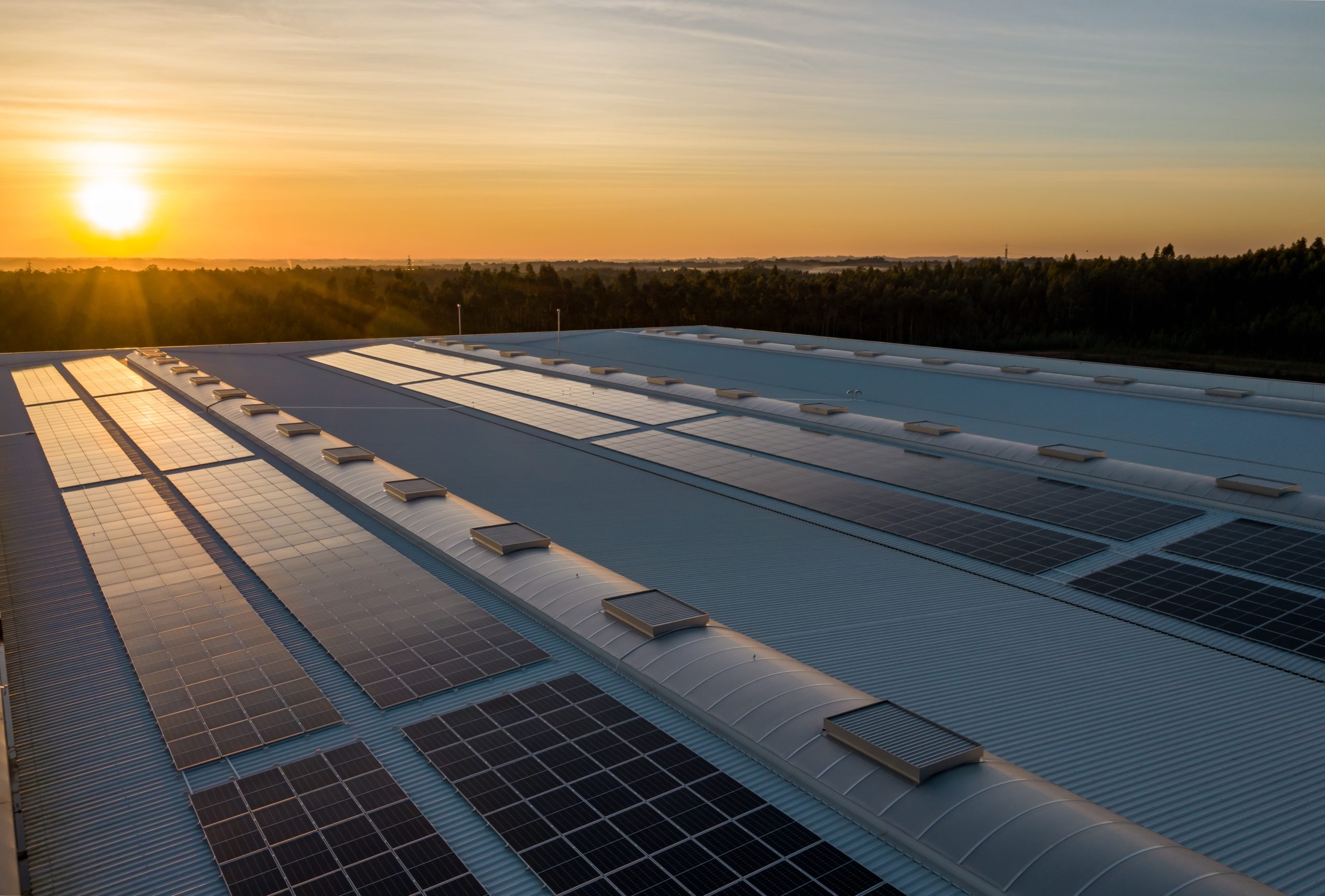SUSTAINABILITY
The protection of the environment and biodiversity is officially part of the Constitution. On 8 February, the Chamber of Deputies gave its final approval to a bill amending two articles of the Constitution, Articles 9 and 41, to protect the environment, biodiversity, animals and ecosystems, also in the interests of future generations. In particular, the text of Article 41 reads: “Private economic initiative is free. It may not be carried out in conflict with social utility or in such a way as to damage security, freedom, human dignity, health or the environment. The law determines the programmes and controls that are appropriate so that public and private economic activity may be directed and coordinated for social and environmental purposes”.
As an entrepreneur in a group that operates in close contact with the environment, how do you view this momentous decision?
The decision to enshrine environmental protection in the Constitutional Charter is both historic and necessary in order to develop a new awareness.
Environmental protection is undoubtedly a key issue for marinas too. A port in itself inevitably has a significant impact on the coastal environment, so it is essential to consider the balance between the infrastructure and the environment both during the construction and the management phases. A marina can turn into a real monster from an ecological point of view or, vice versa, it can represent a structure capable of supporting and harmonising its presence with the stretch of coastline where it is located. The utmost attention must therefore be paid to three key steps: sustainable planning, sustainable construction and sustainable management. Three complementary steps that must be taken care of according to the new principles of the Constitution. Unfortunately, in the past few years in Italy, but not only there, we have seen that bad planning, bad implementation or, even worse, bad management have literally led to the destruction of the coastal environment and the degradation of some stretches of coastline, producing damage that is difficult to recover. What is more, the destruction and degradation is often followed by the total abandonment of the areas. Animated by an environmental sensitivity that we have always nurtured, first with our engineering company, then with our marinas, we have understood for years that in order to avoid further traumas to the coast, the best thing is to try to recover structures that already exist but are not in harmony with the ecosystem. We focus our interest on these poorly managed structures, or not managed at all, in order to restore them to commercial activity, but with particular attention to their impact on the environment, applying our philosophy, which focuses on a multidisciplinary approach, combining the work of engineers with all the other professionals, from marine biologists to architects, to all the scientific specialisations necessary for the preservation and restoration of the environmental balance.
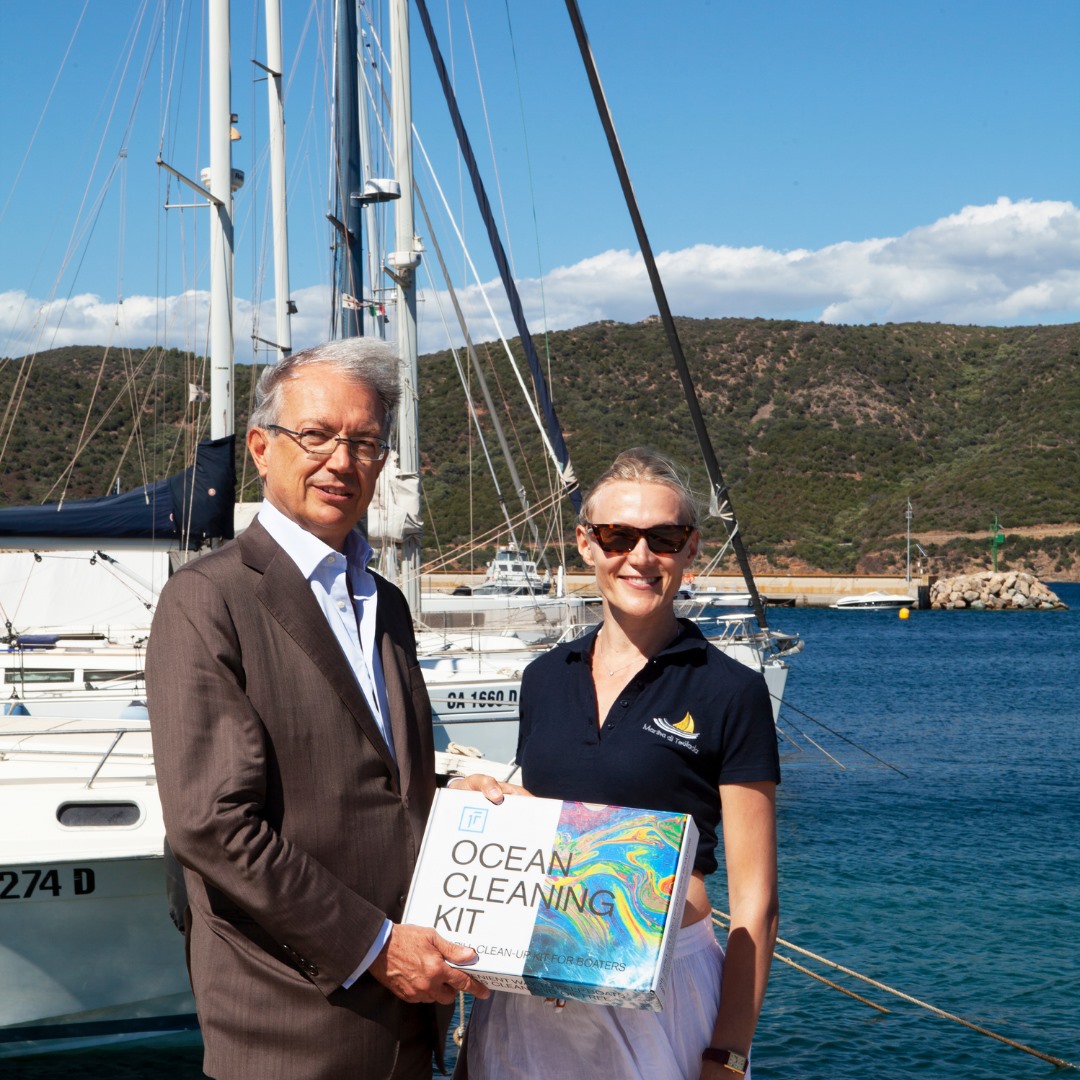
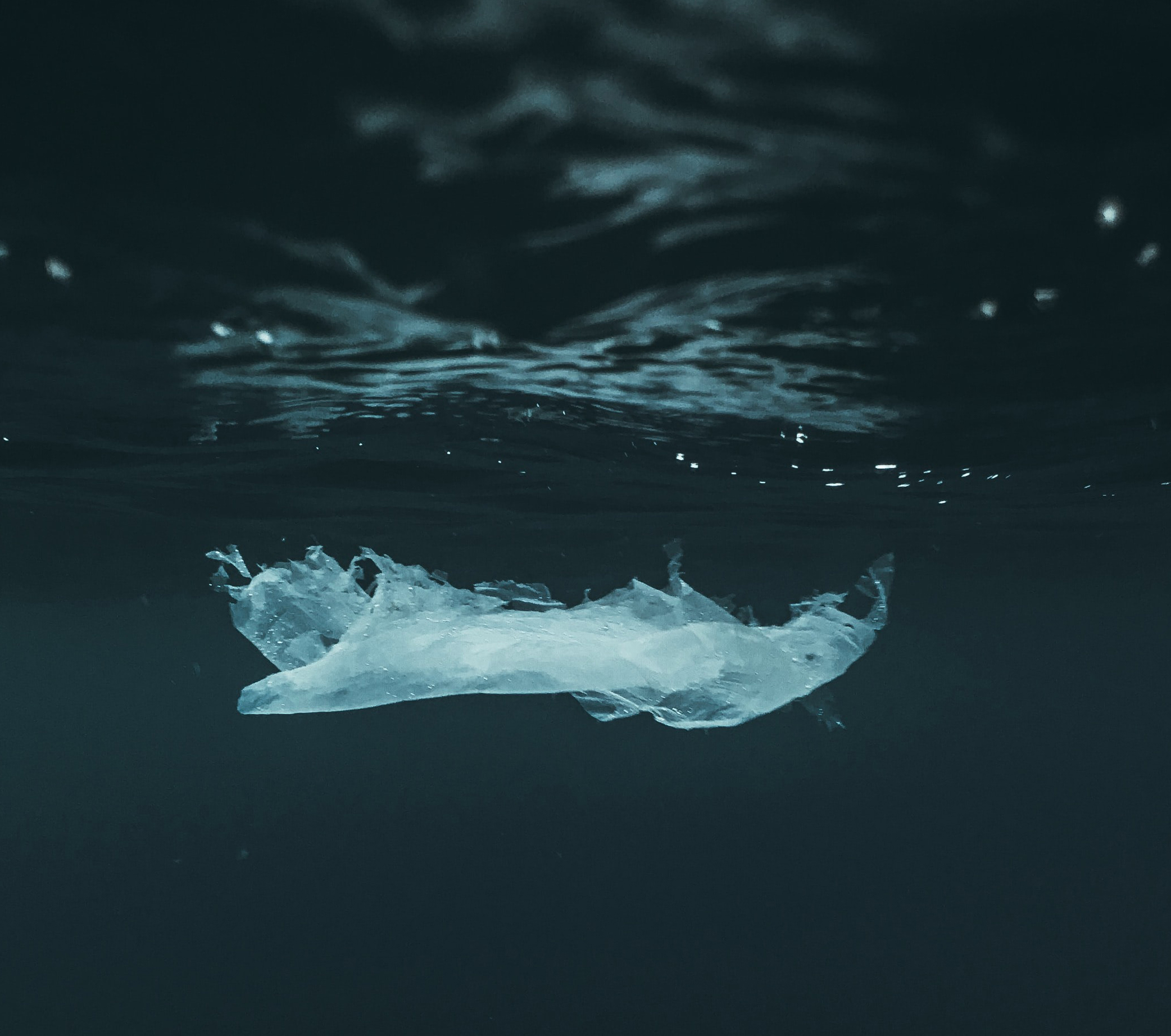
A port is an act of anthropisation, a kind of ‘foreign body’, but how do you mitigate the impact of human activity on the environment?
A port is undoubtedly a change in the natural balance, but through the multidisciplinary approach mentioned above, it is possible to harmonise the infrastructure, inserting it in a more respectful way into the territory and creating a new balance that nature itself will re-establish. To achieve all this, however, it is necessary to create the right conditions, paying the utmost attention to ensuring that environmental disturbance is mitigated as much as possible and does not cause irreversible damage. To achieve this, sensitivity, skill, technique and scientific knowledge are needed. Against my profession I can say that a port in general, and a marina in particular, built exclusively by an engineer can turn into an environmental tragedy, and unfortunately we have dozens and dozens of demonstrations of this in Italy. Dealing with the construction of a port exclusively from an engineering point of view is certainly a disaster. I repeat the need for a multidisciplinary approach, involving different and complementary sensibilities at all levels. This is a real philosophical approach to the subject, which we as a group have had for many years now.
What are the interventions and actions that you as Marinedi Group are carrying out in the field of environmental sustainability?
Our marinas are real incubators, where we are constantly experimenting with new, cutting-edge devices that can be adapted to the characteristics of each port and help in the fight against sea and environmental pollution. In many marinas we have already positioned the seabin, the floating waste bins, which capture microplastics and other residues; in other marinas we are experimenting with latest-generation devices. In Villasimius, for example, we are testing a drone that moves over the water surface and captures floating waste and substances, as well as an underwater drone that can identify and capture waste on the seabed, and a transcollector, to be positioned on fixed or mobile docks, with a greater collection capacity of up to 100 kg of waste. We also pay a lot of attention to hydrocarbon spills, both where there are refuelling stations and where this is done with the help of hand canisters. Oil pollution is one of the greatest dangers with a concentrated tourist port. The cooperation with brands such as the company specialising in cleaning products is also worth mentioning. Naguaa company specialising in cleaning and personal care products made from biodegradable materials, which we support and promote. Another important aspect to consider is the presence of boatyards in ports, where environmentally harmful substances are generally used to care for hulls. In our network we urge the use of antifouling paints and systems on hulls that have the least possible impact on the marine ecosystem. The biocides found in antifouling paints are actually poisons that end up in the sea. We promote the use of products that reduce the presence of these biocides or, even better, the use of mechanical systems, such as special films that prevent marine plants from taking root, without polluting and toxic substances.
In a way, through our activity and our philosophy of work, we also act as a spur to the study of new technologies capable of transforming the economy of the sea.
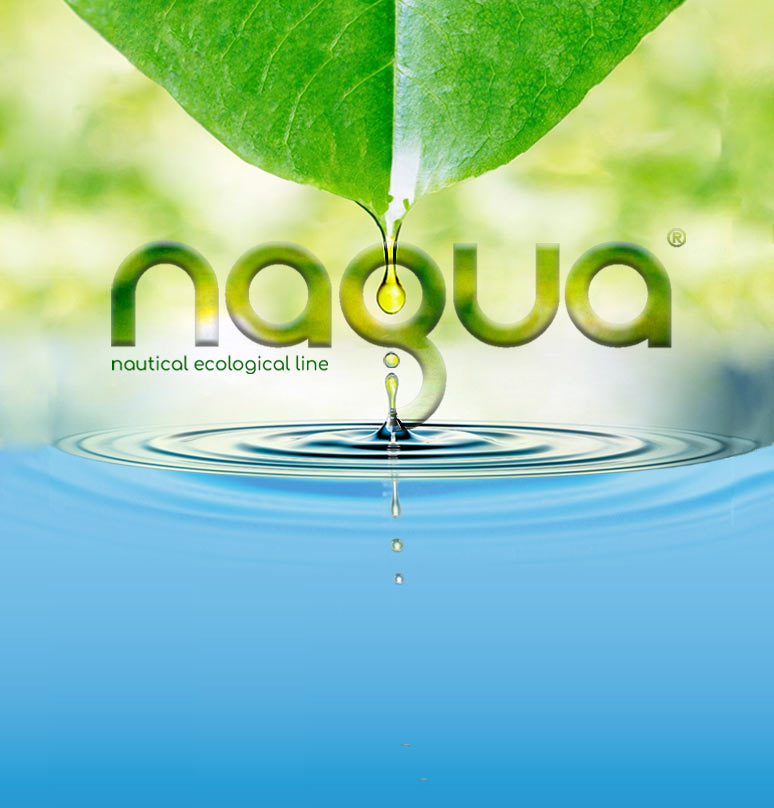
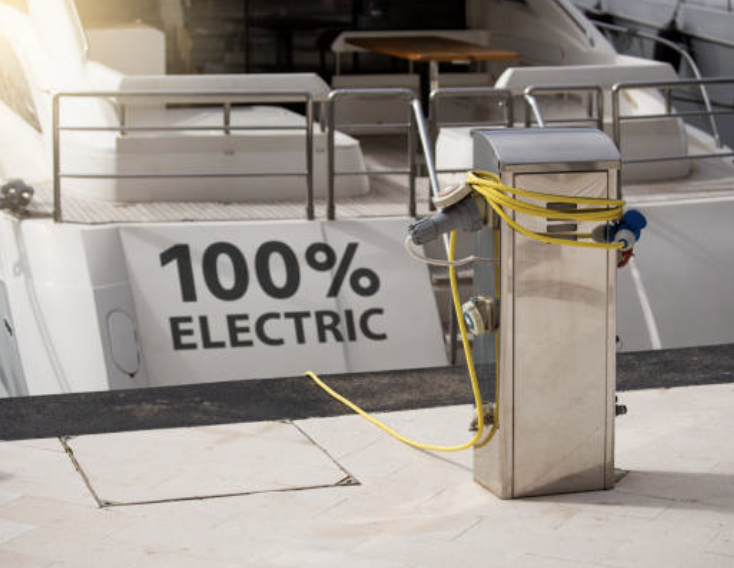
Do you think that your green philosophy can have an educational or awareness-raising effect on the boaters who choose your marinas?
Certainly, our attention to certain practices, such as separate waste collection, which we try to promote by providing ecological islands in the port, or the use, where possible, of renewable and clean energy sources, such as photovoltaic panels for our offices and services or the electric vehicles used by our staff in the marinas, are noticed and often appreciated by customers. However, a real educational action is carried out continuously in cooperation with schools. In many of our marinas, we periodically receive visits from school groups, during which we explain to the children how our business works, emphasising our concern for the environment. When we talk to young children, we emphasise the need to preserve the waterways and protect the environment, because we believe it is important to make them aware of this from a very young age. On the other hand, I must point out that children today are really sensitive to these issues, much more so than we were thirty or forty years ago. They have an extraordinary sensitivity in this direction and they feel the need to understand when and how the environment is protected.
What are your medium- and long-term goals regarding environmental sustainability?
Looking ahead, our aim is to equip all the Group’s marinas with measures and devices to support environmental sustainability. Through inspections and audits we are defining “tailor-made programmes” for each Marina, which also include the installation of power supplies for electrically-powered boats (very few today, but you’ll see in the next 10 years!) and also for electric cars, motorbikes and bicycles. Our dream, however, would be to expand this awareness to other countries, where we are developing and where we unfortunately see less attention, such as North Africa or the eastern Adriatic. We aspire, through our Marinas, to play the role of environmental ambassadors, with the aim of developing an awareness that in these countries is still weak or even non-existent.
